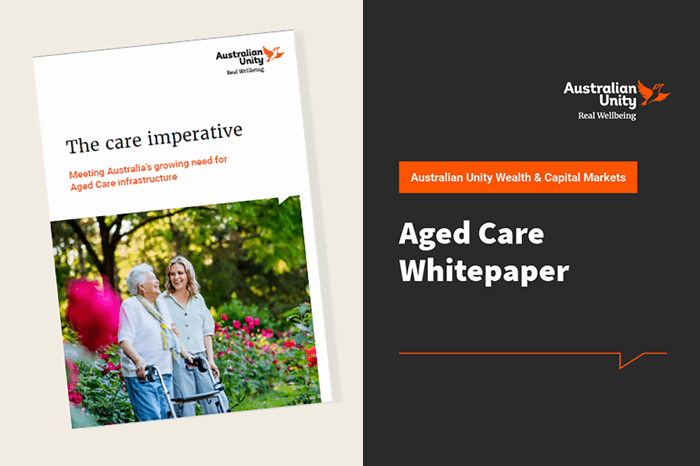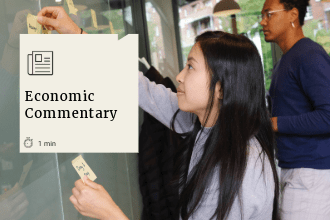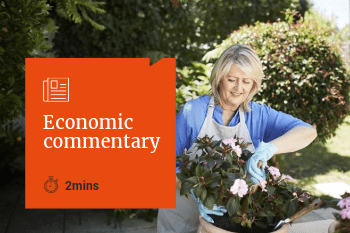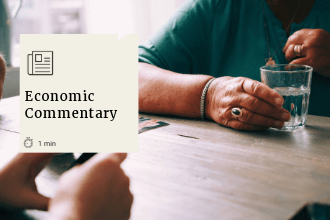By using our website, you consent to your data being collected and used as outlined in our Privacy Policy.

Share markets were mixed during November. Lawmakers in the US advanced a funding package to end the 43-day US Government shutdown.
Read more.png)
We were proud to join with Minister Natalie Suleyman, operator Unitas Healthcare and Brimbank City Council in formally opening the facility.
Read more
The Australian Unity Healthcare Property Trust this week marked the completion of significant upgrades at Western Hospital, Henley Beach.
Read more
Meeting Australia’s growing need for Aged Care infrastructure
Read more
Share markets mostly increased in value in the month of October.
Read more
Share markets posted gains in September despite the ongoing war in Gaza and a significant escalation in the conflict between Israel and Hezbollah in Lebanon.
Read more
Share markets saw solid gains in July. US President Donald Trump signed his “Big Beautiful Bill” into law after it secured necessary votes in Congress and the US Senate.
Read more